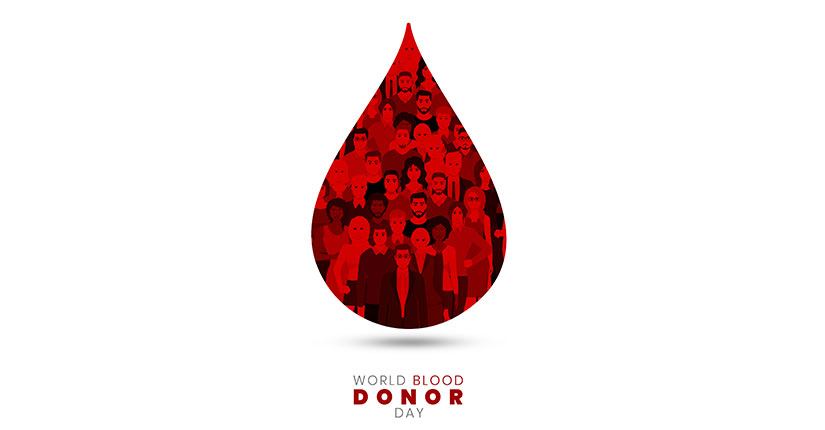Role of Population in Healthcare Systems
By Nmami Agarwal 11-Jul 2020 Reading Time: 4 Mins

The world population is growing at a startling rate. In the last 40 years, the population has doubled. Overpopulation has negatively impacted several sectors which include the primary, secondary, and tertiary sectors. Naturally, the rapidly growing population has elevated the demand and supply of goods and resources. But we also need to understand that overpopulation isn’t a black and white issue. There is a lot of grey area in the middle which demands our attention. There are several factors due to which our population is multiplying at an unusual speed.
In the ancient days, the birth and death ratio was easily sustained with no significant increase in the growth of the population. Since the advancement of technology and medicine has heightened, increasing the lifespan of an individual has become a lot easier. This, in turn, has boomed the rise of the population over the last decade. There has been a consequential decline in the death rate which is a major cause of overpopulation. Other factors that contribute to the growth of the population are immigration, improved fertility treatment, and poor family planning. Due to advanced medicine, the average life expectancy has jumped to 78 years from merely 48 years.
Moving forward, let us focus on why the incessantly growing population is a potential threat. When the number of individuals keeps on increasing, the demand for food, medicine, and resources starts intensifying. This has an adverse effect on the environment as well as the economy of the country. The cost of living multiplies and there is a noticeable rise in unemployment. Conflicts and wars spiral out as a result of overpopulation.
Another sector that has faced a sharp decline due to overpopulation is the healthcare sector. As the population keeps increasing and starts coming closer to each other, the spread of airborne diseases escalates massively. Starvation is also an outcome of excessive population. Feeding everyone in a populated nation is a challenge. This means that certain sections of the country are suffering from malnourishment. Malnutrition means that your body isn’t getting enough food to build a healthy immune system. This makes an individual susceptible to life-threatening diseases. The malnourished population is at a huge risk of catching infections which can cost the lives of millions of people.
The number of aging and the elderly population has also expanded due to an increase in average life expectancy. The WHO Global Health and Aging report claimed that the causes of death in the elderly population have shifted from infectious diseases to non-communicable diseases. Treatment of chronic diseases such as cancer, heart diseases, dementia, kidney failure, and diabetes puts a burden on the healthcare systems. It increases the financial demands of the healthcare sector.
Footnote
The ever-growing population has shown unfavorable outcomes and a remarkable decline in various sectors. The population has played a significant role in impacting the healthcare sector.





















